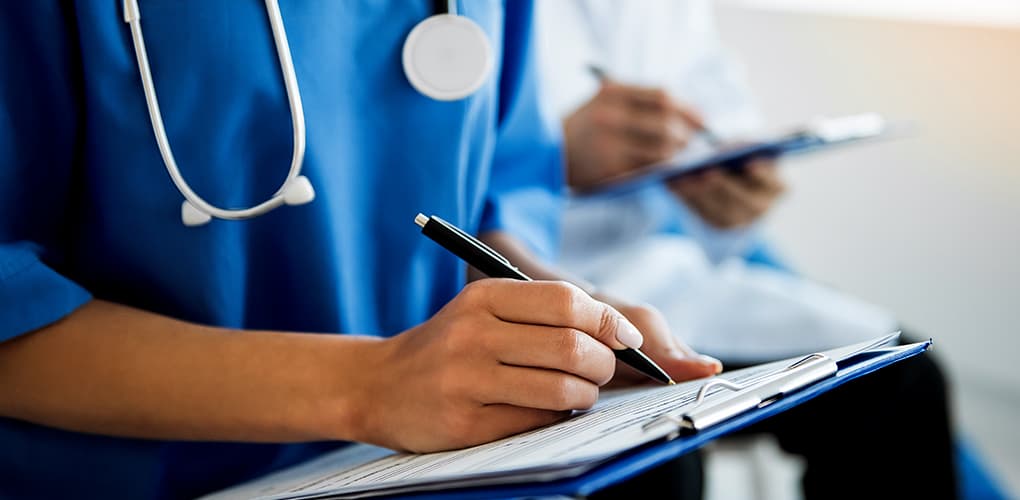< Back to Publications & Resources
NYSDOH Directive for Delivering Preventive and Follow-up Care During the Pandemic

A New York State Department of Health (NYSDOH) advisory says it is critical for medical providers to continue delivering services, specifically routine preventive and follow-up care, during the COVID-19 pandemic. In order to prevent long-term negative health outcomes and communicable disease outbreaks, experts say physicians and healthcare organizations can exercise best practices that ensure access to care, while protecting patients and personnel from exposure to the virus. Key considerations outlined in NYSDOH recommendations include the following:
- identification of and outreach to patients who may have missed routine preventive care, vaccinations or follow-up appointments during the COVID-19 public health emergency. This may include child well check-ups, overdue vaccinations and more;
- use of telehealth whenever possible;
- implementation of infection prevention and control procedures appropriate for SARSCoV-2 in all settings and adherence to the Centers for Disease Control and Prevention (CDC) and Occupational Safety and Health Administration (OSHA) guidance for cleaning exam rooms and waiting areas between patients and sessions;
- revised office operations and scheduling that allows for social distancing and separation of sick and healthy patients;
- restrictions that limit office traffic to patients, essential support people and necessary employees;
- implementation of routine employee health checks and screening for COVID-19 symptoms; and
- employee training on proper use of personal protective equipment.
NYSDOH also says medical practices should proactively communicate these measures to patients to mitigate concerns related to COVID-19 safety.
MLMIC offers a number of resources that can help policyholders safely and effectively deliver care during the pandemic:
- Guidance on Using Telemedicine for Coronavirus, a blog post outlining NYS protocol for delivering telehealth services;
- Strategies for Reopening Medical and Dental Practices Post Pandemic, a blog post highlighting guidance for medical offices to resume full operations; and
- Updated CDC Guidance for COVID-19 Infection Control, a blog post summarizing CDC protocols on infection control related to COVID-19.
MLMIC continues to keep its policyholders informed of all COVID-19-related developments on the dedicated resource page on our website and via our 24/7 hotline. Our experts are available to help address the challenges that may arise as you continue to care for patients throughout the nationwide response to this pandemic.



